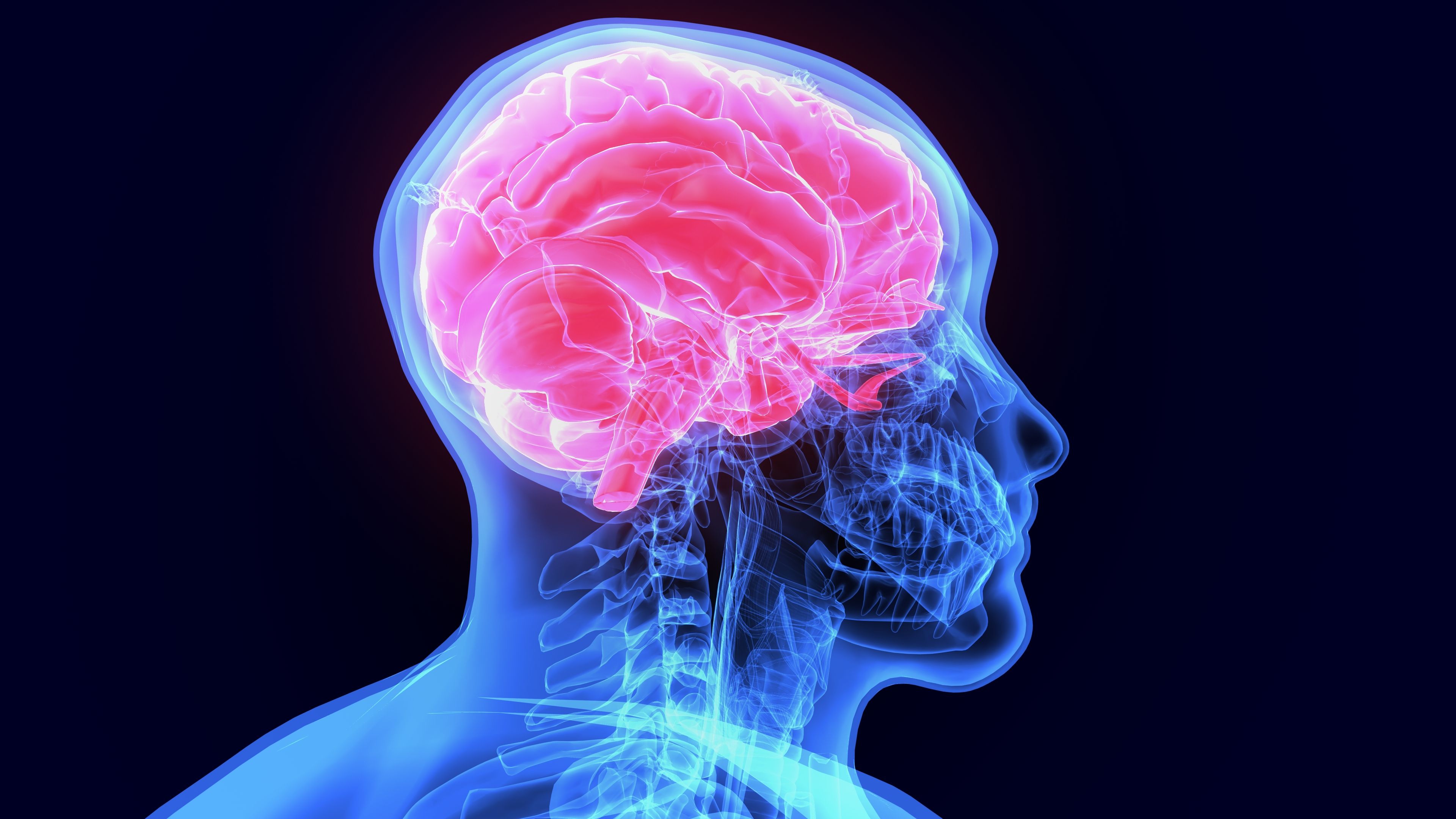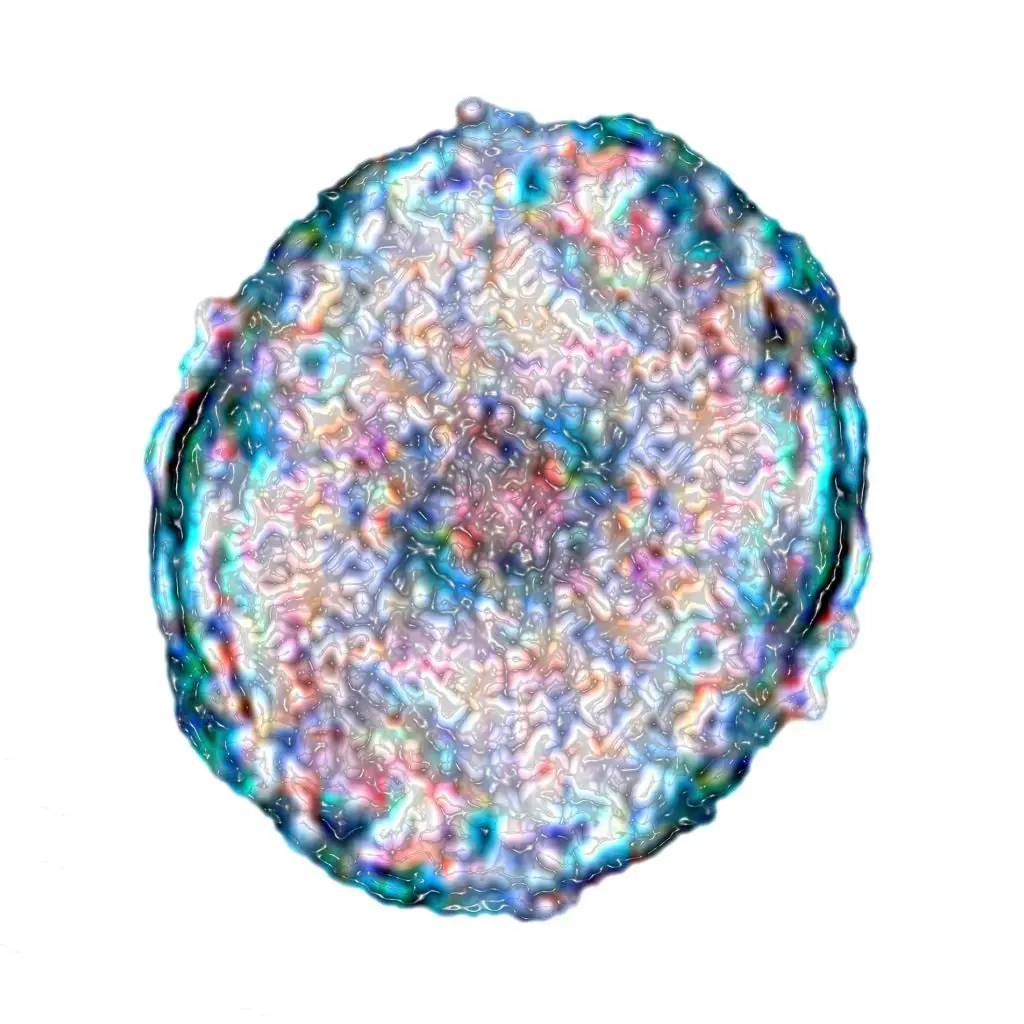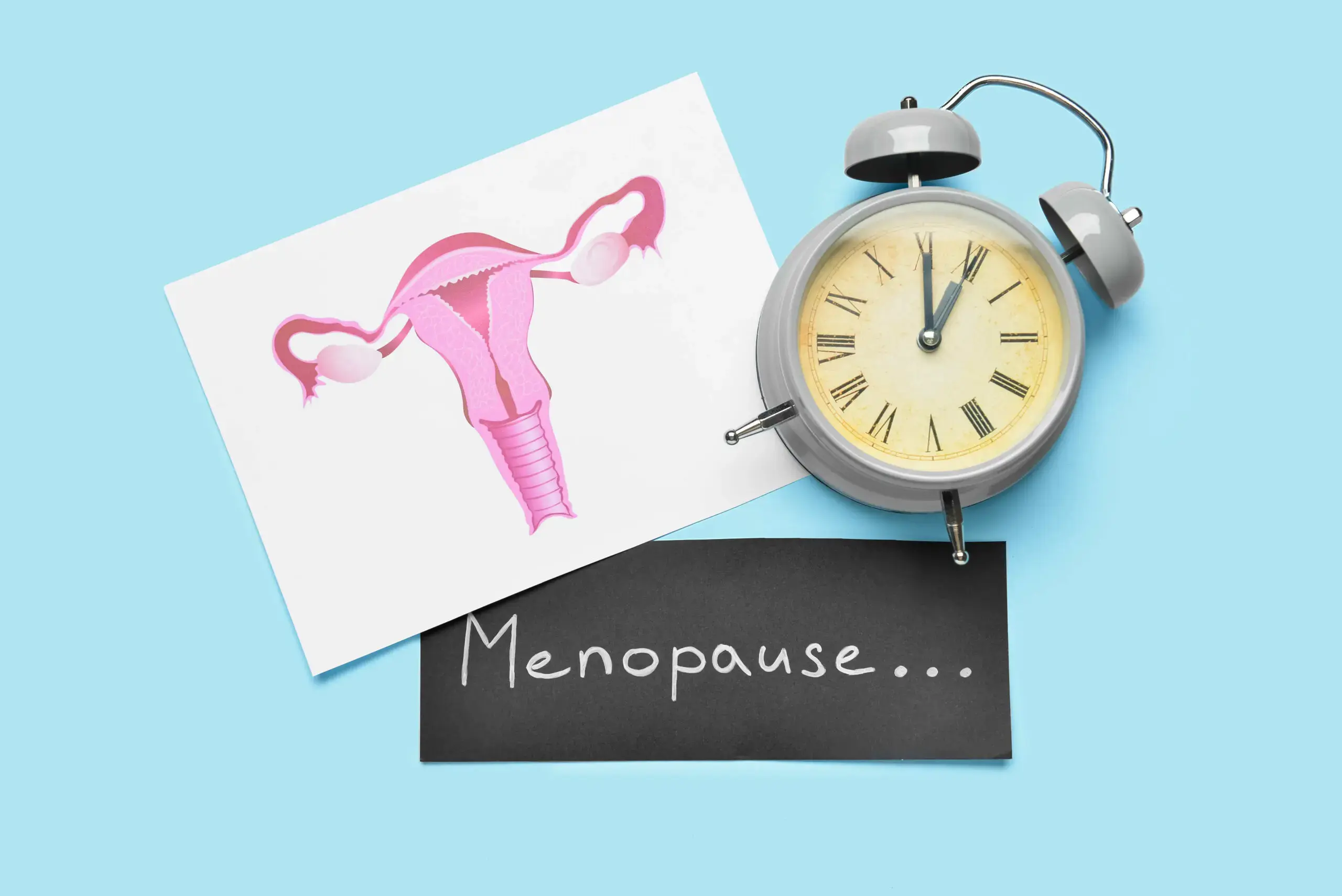Other Treatment Methods
- Adrenal hyperplasia
- Gestational diabetes
- Growth disorders in children
- Hashimoto's thyroiditis
- Hormone deficiency
- Hormone-producing tumors
- Hyperthyroidism
- Hypofunction of the adrenal cortex
- Hypothyroidism
- MODY (Maturity Onset Diabetes of the Young)
- Obesity
- Osteoporosis
- Overactivity of the adrenal cortex
- Sex hormones
- Type 1 diabetes
- Type 2 diabetes

© Freepik
Hormone deficiency
A hormone deficiency (hypopituitarism) occurs when the pituitary gland is damaged by a tumor , an inflammation, an operation, a bleeding or radiation therapy. Important hormones such as growth hormones (important for reproduction) or ADH (regulates water balance) are then no longer produced in sufficient amounts. Symptoms depend on the affected hormone and range from fatigue, listlessness, and low blood pressure to unwanted weight loss or menstrual cycle disorders.Diagnosis and treatment of hormone deficiency
Diagnosis is made through blood tests measuring the concentration of different hormones, as well as imaging like MRI or CT to visualize the pituitary gland and possible tumors. Functional tests can also help assess pituitary activity more accurately.
The treatment then depends on the type of disease. So-called prolactinomas (benign tumors) are usually treated first with medication with dopamine agonists that stop tumor growth and normalize hormone levels. Other hormone-producing or large non-producing tumors are often surgically removed, usually through a minimally invasive nasal surgery (transsphenoidal approach). If surgery is not successful or not feasible, radiation therapy or special medications can be used. If there is a hormone deficiency, the missing hormones must be permanently replaced as tablets or injections. These include thyroid hormones, cortisol, growth hormones, and sex hormones.








